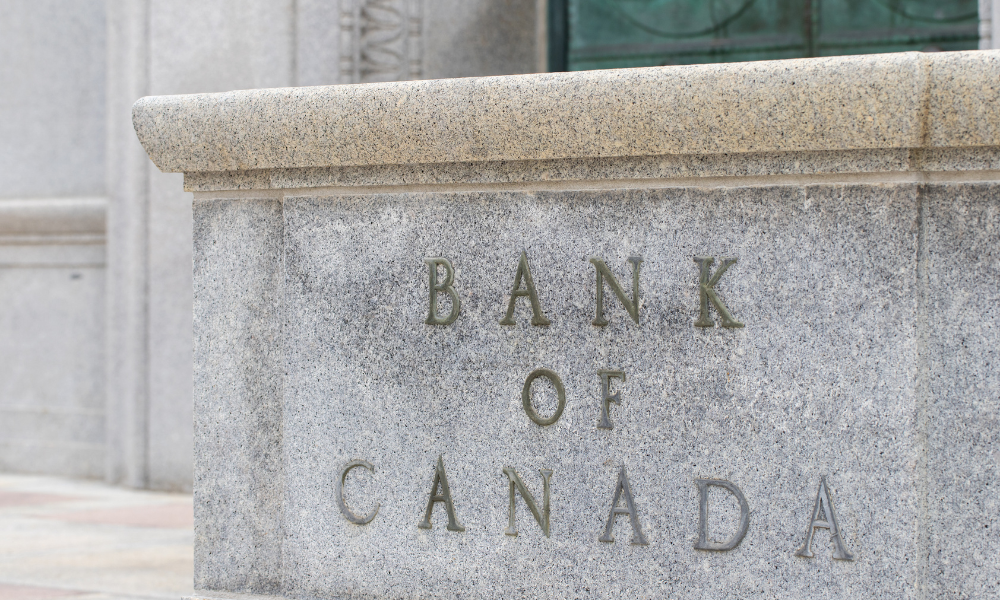Why advisors should get their clients ready for a rocky year in equities and a slow-growth Canadian economy

In the wake of 50 basis point rate cuts by the Bank of Canada and the Fed, many are seeing volatility and opportunity.
The cuts were both driven by the coronavirus, containment of which has interrupted travel and business in key economic engines, especially China. One leading analyst shared a revised picture of the Canadian economy on the back of the health crisis, which she insisted will avoid recession. A top Canadian portfolio manager sees opportunity in the crisis, provided investors make the right picks. Both think that we’ve now got a volatile year ahead.
“Look at history as a guide, any kind of crisis, Ebola, SARS, 9-11, trade relations with China and America, in all those cases you saw market weakness, which eventually abated and markets went to new highs,” Wolfgang Klein, portfolio manager at Canaccord Genuity Wealth Management said. “Crises should not be sold, they should be left alone or purchased.”
He said that the job of an advisor right now should be managing clients’ emotions. Market volatility will spark anxiety and a desire to sell or divest from positions, especially in equities. Klein insisted that equities are still “the only game in town” with bond yields as low as they are. His dividend-paying equities are delivering far more than the one per cent average yields that 10-year government bonds offer.
In Klein’s view, the market is unsure of how to react to these rate cuts. When the Fed cut on Tuesday, the market reaction was decidedly mixed. On Wednesday, though, there was a broad upswing. Volatility might be the new watchword.
Nela Richardson agreed. The principal investment strategist with Edward Jones, and Ph.D. economist, thinks the Bank of Canada’s decision showed that the coronavirus has exposed a “pocket of weakness” in the Canadian economy. She remains optimistic that Canada won’t fall into a recession, but that the rate cut was a necessary move to preserve any growth this year.
“Once the Fed cut, the Bank of Canada was always destined to cut as well by the same amount,” Richardson said. “The question for Canada is, given the high amount of household debt and a housing market that's already frothy, what is the cut going to do to these two risks that were already present in the economy?
“What I read is that the Canadian rate cut comes with more downside risk than for the Fed because of the housing market and the level of household debt. And that to me is meaningful because it suggests that Canadian officials are seeing the coronavirus, at least for now, as a temporary threat to economic expansion.”
Richardson doesn’t think a rate cut alone will save Canadian or US economic expansion. The coronavirus crisis may be temporary, but its impact in terms of supply and demand are already meaningful. Canada is particularly exposed because of the importance of oil and gas to the Canadian economy, a sector that seems likely to be hit hard by the coronavirus.
A diverse portfolio is key to success in this crisis, Richardson insisted. For a Canadian investor, that also means taking on global exposures to limit what you might lose in energy stocks. Retail, as well as energy, look set to be hit hard.
Klein is already looking for opportunities. He noted that the market “just got 10 per cent cheaper.” He thinks that in what might be a slow-growth economy, growth stocks in sectors like tech will serve an investor well. Dividend payers, too, will add stability to a portfolio.
Klein’s big takeaway for advisors: start talking to your clients. “Communicate with your clients and make sure they understand volatility,” Klein said. “Make sure your clients don't do the wrong thing at the wrong time.”



